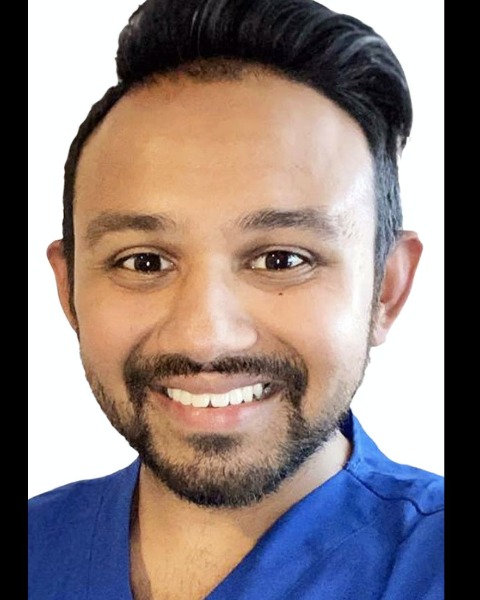Integration of a Spaced Repetition Platform in Pediatric Critical Care Fellowship Curricula
-
BV
-

Rahul Damania, MD
Children's Healthcare of Atlanta
Atlanta, GeorgiaDisclosure information not submitted.
-
KH
Kiran Hebbar, MD, FCCM
Professor of Pediatrics
Emory University School of Medicine, United StatesDisclosure information not submitted.
First Author(s)
Co-Author(s)
Title: Integration of a Spaced Repetition Platform in Pediatric Critical Care Fellowship Curricula
Introduction: Spaced-repetition systems for delivering review questions have become increasingly popular and have yielded superior performance compared to traditional pedagogies. Distance micro-learning techniques has augmented spaced-repetition learning. There is little data in pediatric intensive care (PICU) fellowship education regarding these models of learning and its ability to engage learners. This study focused on the introduction of a well-validated spaced repetition-based question app as a formal, program-wide content review system of our traditional didactic lectures. We aimed to integrate a spaced-repetition program into our fellowship curricula to review PICU content. We hypothesize that fellows would have increased proficiency and engagement of core didactic content via our app-based model.
Methods: A series of 30 multiple choice questions (MCQs) were created as a core PICU didactic review over three months. PICU fellows (n=15) at a single institution were enrolled in app, QStream. MCQs were disseminated daily via the app. QStream’s algorithm focused on user engagement and proficiency of each MCQ. Questions answered incorrectly would be longitudinally presented to the user more often whereas those answered correctly would be infrequently presented. Each question had a mini-bullet point explanation summating key elements of the MCQ. Engagement and proficiency were tabulated.
Results: 69% of learners completed >50% of offered questions. Proficiency improved by 21% [12-26%]. More than a third (40%) of learners were classified as “Very Engaged,” completing questions within 48 hours of offering. Proficiency increased from baseline 57% first pass accuracy, with improvement to 82% on second attempt. Proficiency increased by a median of 40% across all topics. Overall accuracy was higher amongst 3rd year fellows (94%) compared to other classes (76%). Engagement amongst 3rd year fellows was highest (16 MCQ/month), compared to 1st year fellows (10 MCQ/month).
Conclusions: In our pilot program we were able to successfully integrate a spaced repetition platform to review core didactic PICU content in an active recall manner. We hope to provide a more focused targeted interventions in thematic weaknesses. Future studies will focus on user satisfaction, and implications MCQ board review performance.
